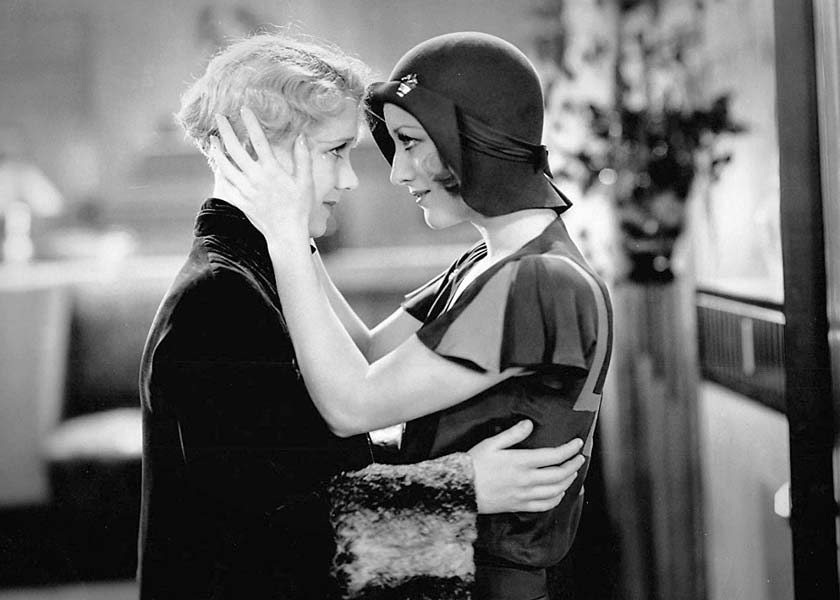Synopsis
Jerry (Crawford), Connie (Page) and Franky (Sebastian) work at the department store owned by the family of Tony Jardine (Montgomery) and David Jardine (Hackett). The girls share a small apartment. They want to marry and have a better life than they have as shopgirls. Each of them is romanced by a rich man. Franky marries Martin Sanderson (John Miljan). David sets Connie up in an apartment. Jerry, however, does not trust men and resists Tony's advances. After the others leave, she moves into a cheaper tenement apartment. Disaster falls upon her friends. Sanderson is a thief, and Franky is arrested as his accomplice. Innocent of involvement in his crimes, she leaves the city and returns to her family farm. Connie believes that Davod is going to marry her. After he becomes engaged to a society girl, Connie takes poison. Jerry begs David to comfort the dying girl, and he arrives in time to soothe her as she dies. Tony realizes that he loves Jerry and asks her to marry him.
Discussion
Our Blushing Brides is the third of Joan Crawford's three alliterative 'Our' films — the others are Our Dancing Daughters (1928) and Our Modern Maidens (1929) — about the life of the modern girl and her troubles with men. Anita Page costars with Crawford in all three films, and Dorothy Sebastian appears in two. In the first two films of the unofficial trilogy, Crawford is a vivacious, party-going flapper. By 1930, when Our Blushing Brides was released, the social conditions faced by women had changed as the Jazz Age gave way to the Great Depression, reflected in Crawford's character Jerry being a poor and self-sufficient working girl. Whatever their social condition, the women of the 'Our' films have tribulations with the insincere and callous men in their lives. Crawford, cautious and cynical, is the only one who is not betrayed. In Our Blushing Brides, Robert Montgomery's character Tony, unsuccessful at seducing Jerry, settles on respectably marrying her instead. The change in Tony is unbelievable, and the happy ending is tacked on, however Crawford's fans would presumably have been discontented with an ending that had her separated from him.
The film's title is ironic. The three poor working girls have too gritty an
existence and too many romantic misfortunes to ever become any man's naive and
modest blushing
bride.
Further Reading

